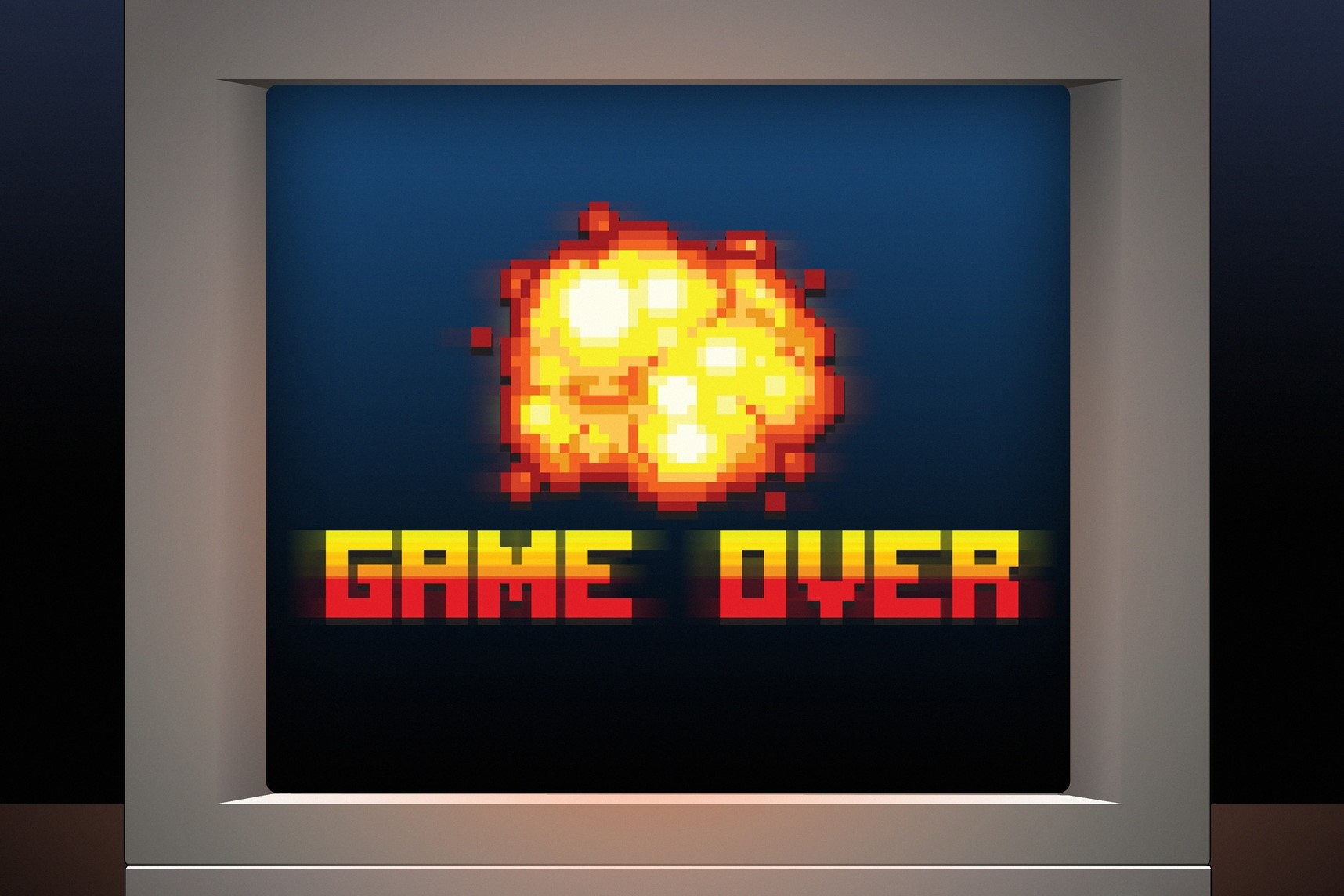A Game Worth Dying For?

There’s a game mechanic called permadeath. The idea behind it is simple. If your character – be that on a computer, board, tabletop, or any other medium – dies, they stay dead. So instead of the standard gaming affair of having extra lives or being revived at a save point, for those games with permadeath, you lose all your equipment, merch, coins, etc. and are considered entirely dead. Some of the most famous games that use this feature include The Long Dark, XCOM: Enemy Unknown, and DayZ.
The purpose of permadeath is relatively simple. It drives up the tension by driving up the stakes.
If you know your character comes back to life when they’re killed, then there’s little risk. The time you invest in a game is safe because it won’t be lost when you get hit by a fireball or trip into a bottomless pit. You can simply dust yourself off and try again.
But, if you’re at risk of losing that progress, the time, effort, and emotions you’ve put into a game become far more precious. Knowing that one wrong move means all that progress gets thrown into the bin means that every step, every look around the corner, and every opening of a mysterious box has tension. Knowing that in-game death means starting over again after spending days reaching a game’s final stages means your investment skyrockets.
However, a game’s stakes are rarely anything more valuable than time. Sure, losing all your progress can be frustrating when a ghoul kills your character in the game’s final moments, but you’re still able to get up and walk away.
While your character may face oblivion, you, as the player, don’t. You may think you’ve wasted your time, but ultimately, that’s all that would have been wasted (and if you had fun, is it really wasted?).
But, in early November 2022, Palmer Luckey, the founder of the VR firm Oculus, claimed he designed a headset that transcends permadeath out of a game and into reality – he developed a headset that kills you if you die in-game.
The headset is fitted with three explosives. Luckey wired these to detect certain shades of red at a specific frequency. So, when your character dies in-game, and the VR headset displays that shade of red, the explosives detonate, and the player’s brain is destroyed. This system is still in its developmental stages, with the headset currently acting as a piece of office art. However, Luckey’s stated that he wants to explore its potential further, eventually ensuring that it’s tamperproof and cannot be removed by external parties. In effect, he wants to prevent someone from helping the player remove the headset if they change their mind after starting the game. Also, a game that would work with the headset needs to be created. Specifically, one that avoids using the triggering shade and frequency of red before the character, and consequentially the player, meets their end.
The prospect of someone using such a headset raises numerous questions. These include whether someone could genuinely consent to use the headset and whether Luckey would be a murderer if/when someone died while using it to play a game.
We may return to these in another article. For now, however, I want to focus on why Palmer Luckey created this maniacal contraption.
Luckey says he got the idea from the manga and anime series Sword Art Online. It features a VR headset called the NerveGear, allowing total immersion in a virtual world. The headset is released with the titular Sword Art Online game. Ten thousand beta players sign in when the game launches but soon discover they cannot sign out and are trapped within the game. The game’s designer then appears to the players and tells them they must beat all 100 floors of the game’s monster-infested mega-castle if they want to escape. At this point, he also reveals that death in the game results in death in real life. The idea of an immersive virtual world captured Luckey’s imagination, as he writes in his blog:
The idea of tying your real life to your virtual avatar has always fascinated me – you instantly raise the stakes to the maximum level and force people to fundamentally rethink how they interact with the virtual world and the players inside it. Pumped up graphics might make a game look more real, but only the threat of serious consequences can make a game feel real to you and every other person in the game. This is an area of videogame mechanics that has never been explored, despite the long history of real-world sports revolving around similar stakes.
At first, this prospect might strike many as patently absurd. It seems that few, if any, would sign up to play a game that could result in death. Games usually are a form of escapism from real-life’s woes, and a game that includes as a mechanic one of life’s (arguably) most significant downsides – mortality – seems to run entirely counter to this goal.
But, with some consideration, Luckey’s perspective on risk’s relationship with gaming seems to hold at least some value, specifically concerning gaming’s attempts at raising the stakes. Games have little material value in and of themselves – it’s what makes them games. This is one of the reasons gaming, in its various forms (including sports), is closely tied to gambling.
Gambling raises the stakes of what is happening in the game and gives it real-world value and impact. For example, you’re much more likely to care about who wins a round of Super Smash Bros if you have money riding on the outcome.
The in-game risk is given real-world form, and the greater the value bet, the greater one’s emotional and cognitive investment is; you care more when there’s more on the line. When it comes to putting things on the line, there’s nothing more valuable than your life.
Also, while it might seem madness to design a game that kills the player if they fail to perform, countless people already undertake recreational activities that involve the prospect of death if mistakes are made. Skydiving is an obvious one.
Plummeting out of a plane and reaching terminal velocity, with only a couple of layers of fabric preventing you from dying upon impact with the earth, is a risk most of us don’t have to take. But the prospect of death in this context doesn’t have people up in arms demanding that skydiving be stopped.
On the contrary, the activity’s value is, in some measure, derived from the inseparable risk of immeasurable harm. It’s arguably what makes diving out of a plane different from indoor skydiving; despite all the measures put in place, you’re aware that death is a potential outcome.
So, provided safeguards are put in place to prevent system errors, and the games offer players a beyond excellent chance of survival, is it such an obscene prospect?
Having said that, if offered the chance to play an almost unlosable game on Luckey’s murderous headset, you can be sure I’d say no




